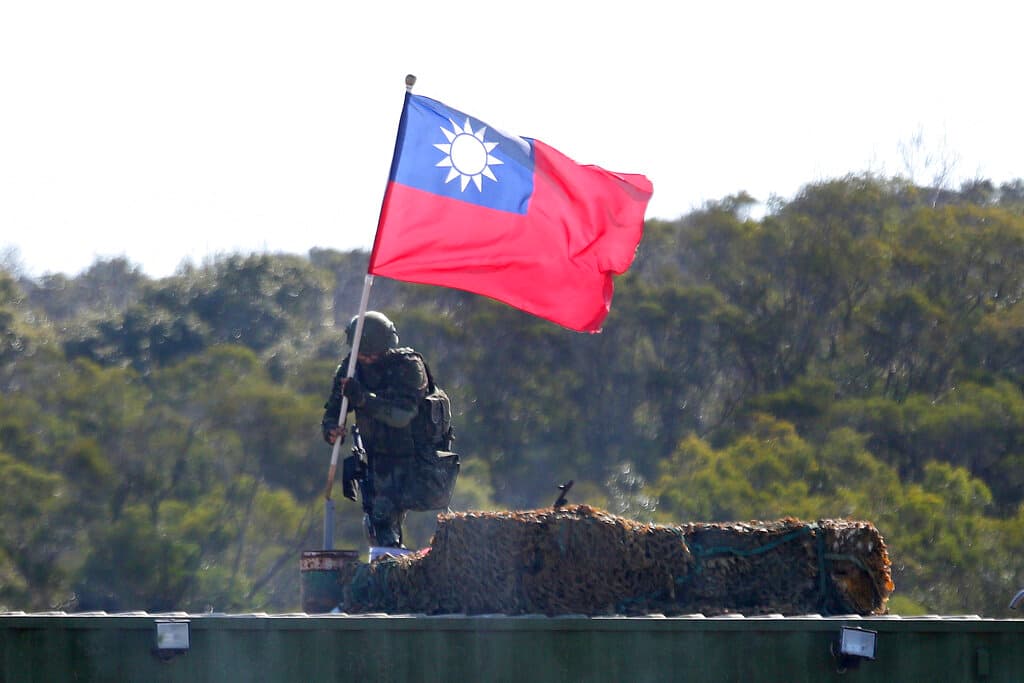Free China Marks 45th Anniversary of the Taiwan Relations Act as the Island Democracy Faces an Uncertain Future
As isolationist tendencies grow in Congress, Taipei’s relationship with Washington hangs in balance.

Should America defend Free China? Can it? That’s the million-dollar question on the minds of many at Washington who will mark on April 10 the 45th anniversary of the Taiwan Relations Act. Hailed as the foundation for peace and stability in the Taiwan Strait, the law is looking more pertinent than ever as an increasingly aggressive Communist China looks to impose on Taiwan its vision of “one country, two systems.”
As isolationist tendencies grow in Congress, questions are arising over whether America should — or even could — come to the island’s defense in the event of a invasion from the Chinese mainland. That was the commitment set out by the act, signed into law by President Carter in 1979 as America moved to recognize the People’s Republic and abrogate its mutual defense treaty with Taiwan in favor of a policy of strategic ambiguity.
A login link has been sent to
Enter your email to read this article.
Get 2 free articles when you subscribe.

